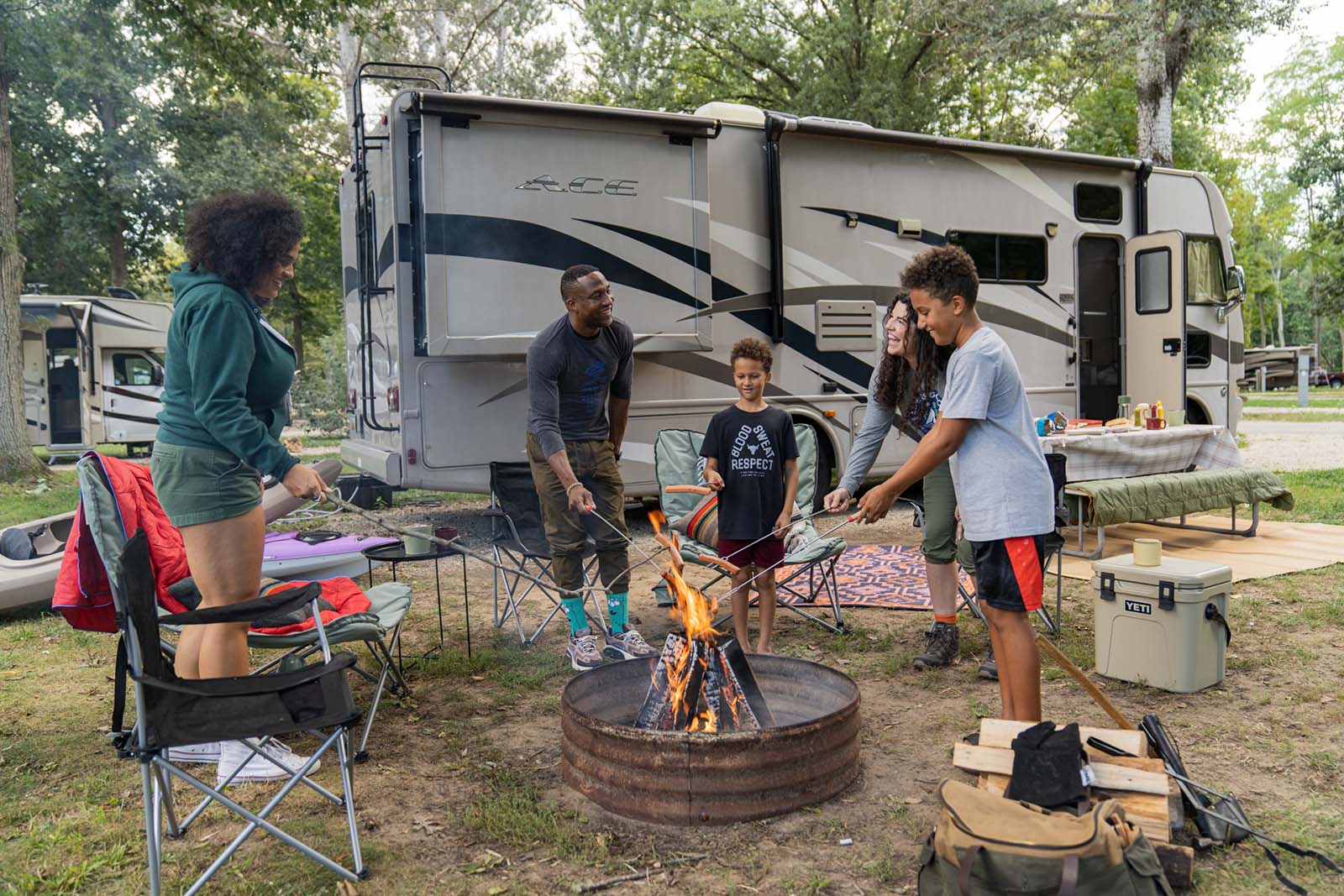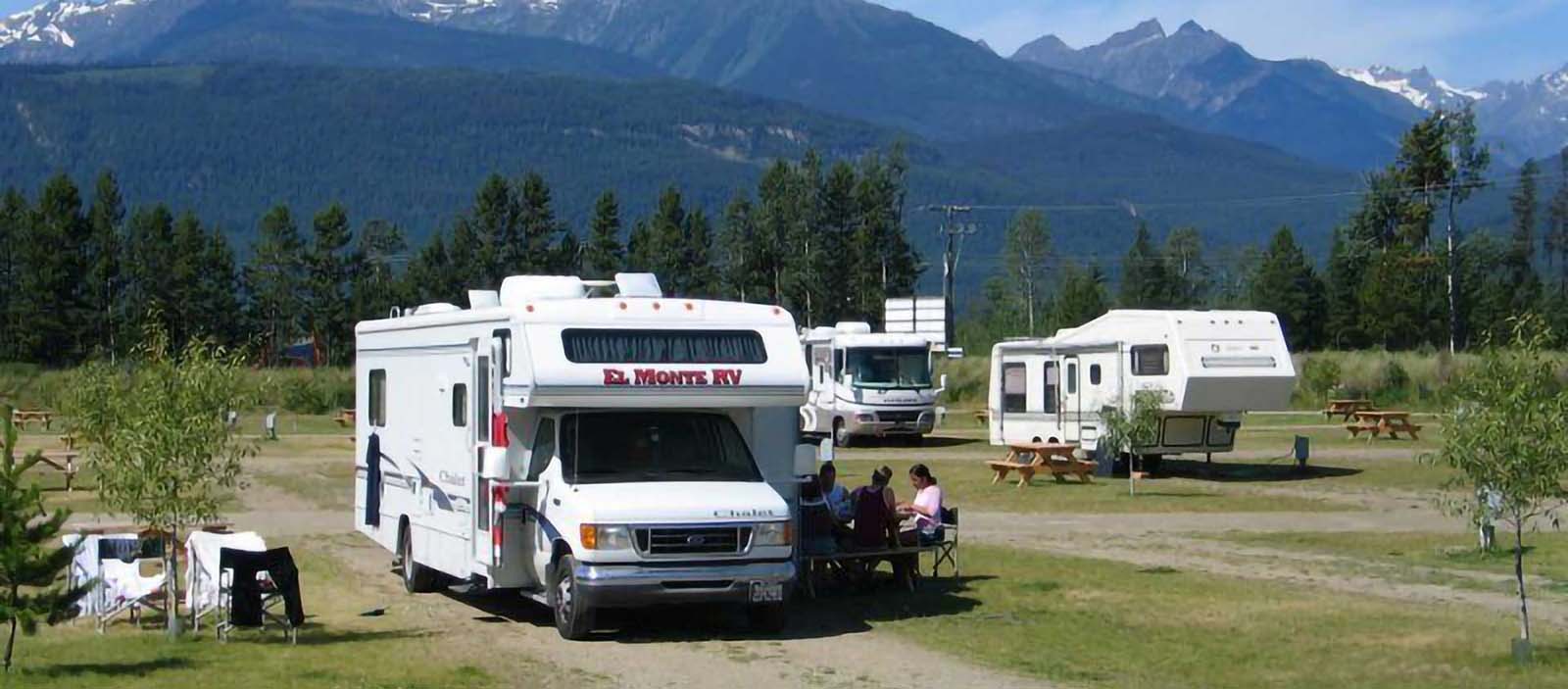Can an RV AC Run on Battery?

The air conditioning system is an essential part of any RV, especially during hot summer days. It keeps the interior cool and comfortable, allowing you to enjoy your travels without feeling the heat. However, one common question that arises among RV enthusiasts is whether the RV AC can run on battery power alone. In this article, we will explore this topic and provide insights into the matter.
1. Factors to Consider for Battery-Powered RV AC First and foremost, it is important to understand that running an RV AC solely on battery power can be challenging. The primary reason is the high power consumption of air conditioning units. To run an RV AC on battery power, you need to consider factors such as battery capacity, power output, and available electricity sources. It is crucial to have a deep cycle battery with sufficient capacity to handle the AC’s energy demands.
2. Battery Capacity and Lifespan The battery capacity should be substantial to power the AC for a reasonable duration. Larger battery sizes, such as 6-volt or 12-volt deep cycle batteries, are ideal as they offer extended power reserves. Additionally, using lithium batteries instead of traditional lead-acid batteries can provide better energy density, longer lifespan, and faster charging cycles.

3. Inverter and Power Output To convert the DC (Direct Current) power from the battery to AC (Alternating Current) power compatible with the air conditioning system, an inverter is necessary. The inverter should have a sufficient power output to handle the initial start-up surge and continuous running power requirements of the RV AC. Understanding the AC’s power needs, measured in BTUs (British Thermal Units), is crucial for selecting an appropriate inverter.
4. Supplementary Power Sources Depending solely on the RV’s battery for AC power might drain it quickly, leaving you stranded. Therefore, it is advisable to have supplementary power sources, such as solar panels or a generator. Solar panels can harness the sun’s energy during the day to charge the batteries, while a generator provides a consistent power supply when needed. Having these options will ensure a continuous power source for running the RV AC.
5. Environmental Considerations While running the RV AC on battery power can be a viable option for short durations, it is important to consider the environmental impact. Batteries require proper disposal and recycling when they reach the end of their lifespan. Additionally, excessive use of battery power might deplete energy reserves faster and increase the carbon footprint. Therefore, it is essential to strike a balance between comfort and eco-conscious choices while using battery power for the RV AC.

In conclusion, running an RV AC solely on battery power is possible with careful planning and consideration of factors such as battery capacity, power output, and available electricity sources. However, it is crucial to have supplementary power sources to avoid draining the battery excessively. Additionally, being mindful of the environmental impact of using battery power is essential for sustainable RV travel. By understanding these factors, you can make informed decisions about running your RV AC on battery power during your adventures.

